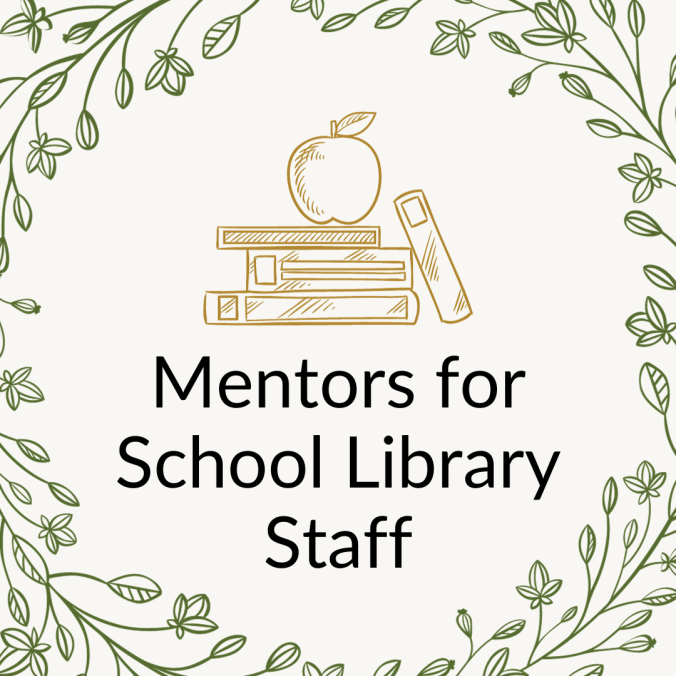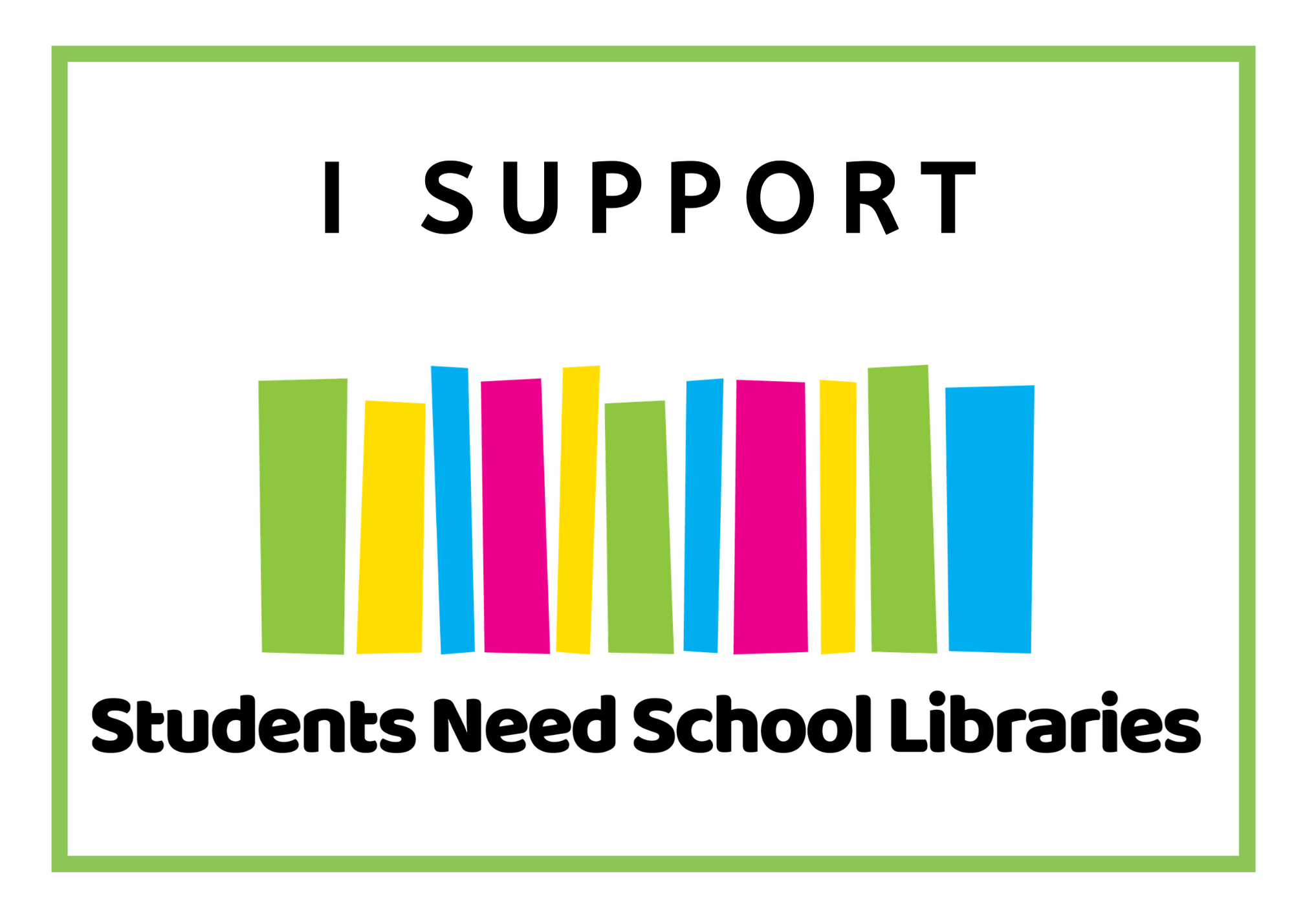Mentors for School Library Staff
I’ve been incredibly fortunate over my school library career to have had some amazing mentors. People I’ve worked with, people I’ve learnt from, people I can turn to when I have a question or just need to talk out a situation. Having mentors has allowed me to discuss, plan and set goals. It’s helped me to look beyond my skills and experience and gain a whole new perspective, drawing on their years of wisdom and experience. Having mentors, both formal and informal, has made a significant impact in my professional life and I highly recommend identifying mentors for any school library professional.
Here’s a few things I’ve learnt from my mentors, what I have learnt about having a mentor, how to get a mentor and how to get the most from a mentor.
What I’ve learnt from my mentors
I’ve learnt so much from my mentors, so much it’s hard to distinguish it from any of my practice. I see the guidance and hand of the people I’ve worked with in all my ideas and practice. So, creating a list of what I’ve learnt from my mentors is actually really hard to write, because it could be endless. But I’ve chosen just a few things to highlight
- The importance of non-fiction and how to curate and update a collection so it is beautiful and well used by staff and students alike.
- How to manage and care for school library staff. I’m fortunate to work with a large a team. So often, management skills are overlooked in education and school libraries, and it’s a really important skill.
- Advocacy. Advocacy is key, from meeting regularly with your principal, sharing the successes and always having powerful data ready to share.
- Change is vital. School library have to change or they become stagnant, outdated and replaceable. Change has to happen and it’s something to get excited about.
What I have learnt about having a mentor
Having a mentor can come in all shapes, forms and timelines. My first mentor was my boss, my next someone I had the privilege of looking after their library while they went on leave, my next was an official mentor-mentee relationship. Some might not even realise I considered them a mentor, yet they were always there to answer my questions. Some took the role upon themselves and did their utmost to teach me. I am so grateful to them for their generosity and time. They never said, “no, I’m keeping this knowledge to myself”. And trust me, I’ve had other people actually say those words to me.
Having a mentor is a blessing. It’s a shoulder to cry on, someone who listens and understands or maybe even someone who pulls you up and says, “no, this way is better.” Having a mentor doesn’t mean that person is perfect or right about everything. Critiquing someone’s style and actively choosing to do something differently can be just as powerful. The relationship can also go both ways. My mentors have learnt things from me, it’s a relationship of sharing ideas and experiences and that’s never one-sided.
Having a mentor means shutting up and listening. It’s means learning, observing.
Some mentor relationships last for years. Some I’ve had for just a short time. Some have been long-distant, virtual, and others I’ve worked alongside.
How to get a mentor
If you need a mentor, there are a few ways you might find one.
Look around you. I know many school library staff work alone, but you might find someone in another part of the school who can share skills, tips and experience with you. Ask if you can meet for a morning tea break every now and again to share ideas.
Join a local school library network. There might be one in your area and if not, why not start one. Meet once a term to share ideas. Find someone who you think might have the ideals, values and skills you could learn from and again, ask if you can catch up more regularly or visit their school library.
Find someone online to follow. Connect with them online and start to learn from what they are doing. Start to share ideas through DMs. If it’s the right fit, reach out and ask if you can connect with them more regularly, to learn from them or ask questions when you might need. Or, put the call out on social media for a mentor. I’ve done that with very positive results.
Finally, you might appreciate a formal mentor-mentee relationship. ALIA offer a mentoring scheme, which I have participated in and can highly recommend, to their members. They pair you with a mentor, set the boundaries and guidelines for the relationship and run monthly webinars and discussions to support your journey. ASLA have also started a mentoring arrangement. Or ask your state school library association to see if they offer anything or could recommend a mentor.
How to get the best from a mentor.
- Listen
- Set goals
- Contribute ideas
- Put the ideas into action and reflect
- Be teachable
- Be open to ideas that challenge your ideas
- Take on feedback
Whether you have a formal mentor or not, the key is in seeing an opportunity in every relationship. Ask, what can I learn from this person? How can I put it into practice? How would I do it differently?



Leave a Reply